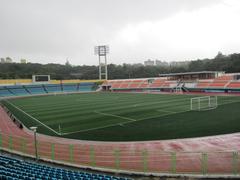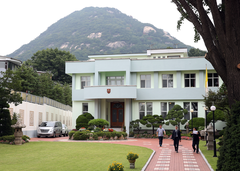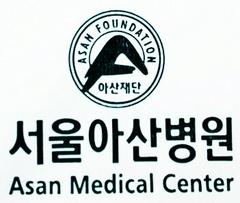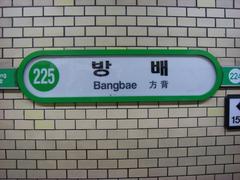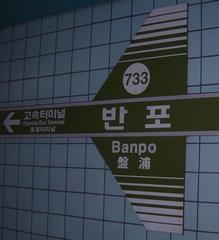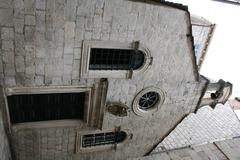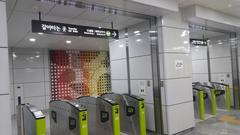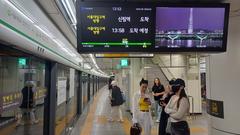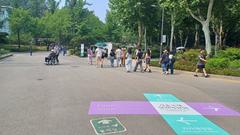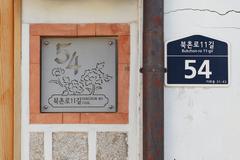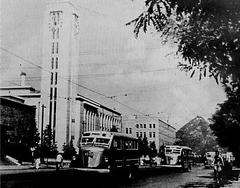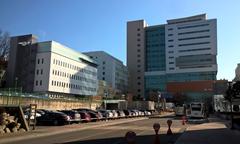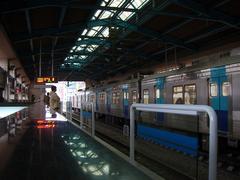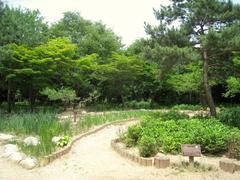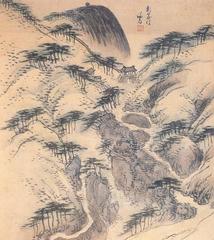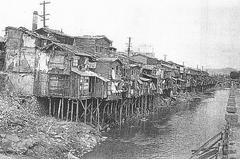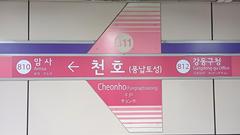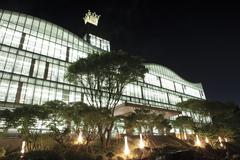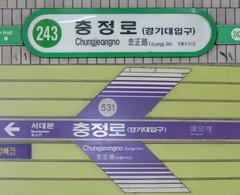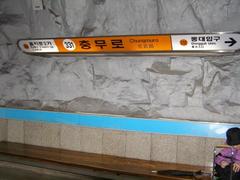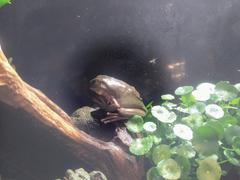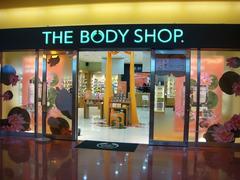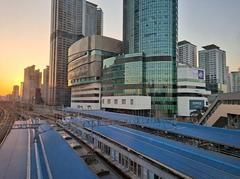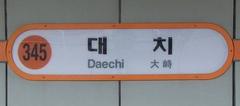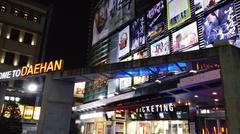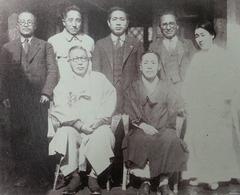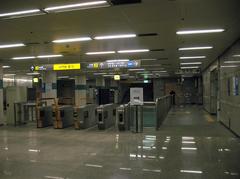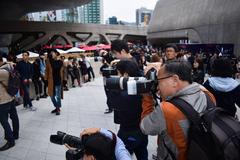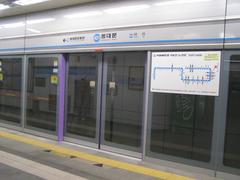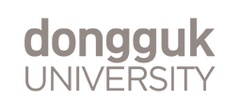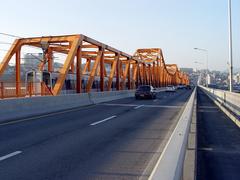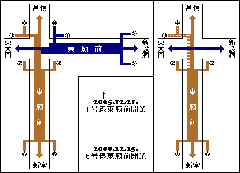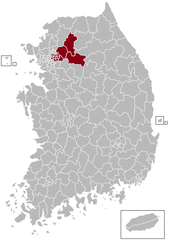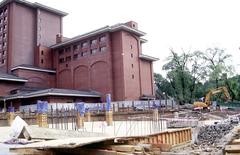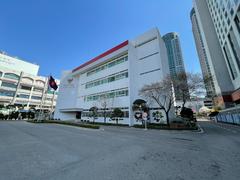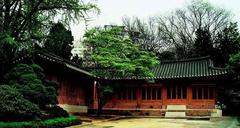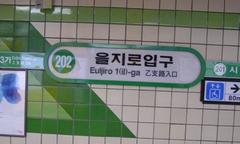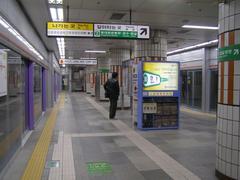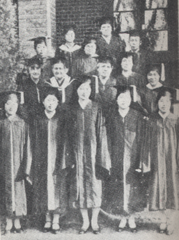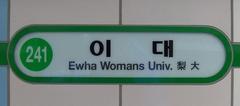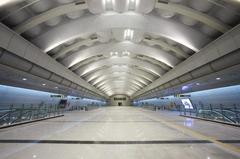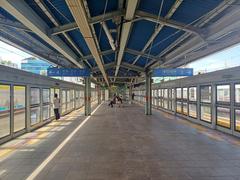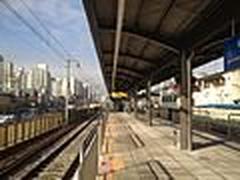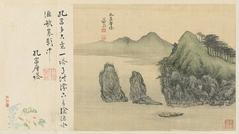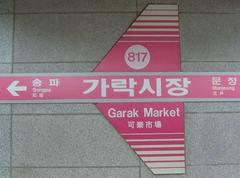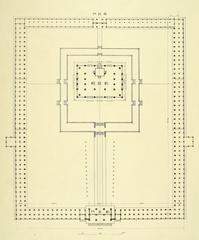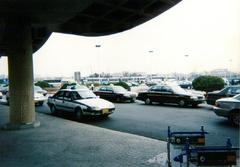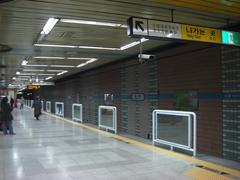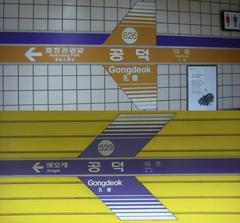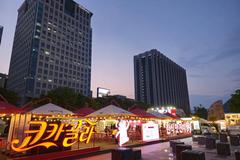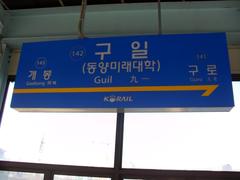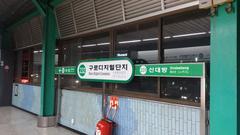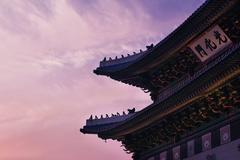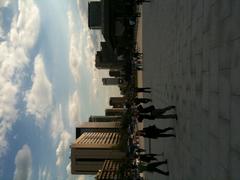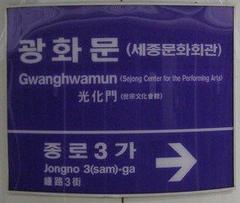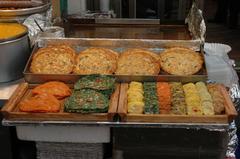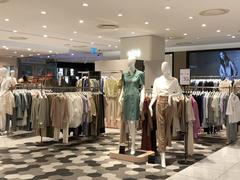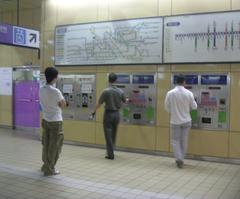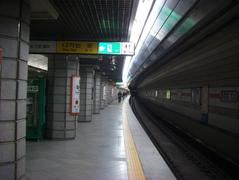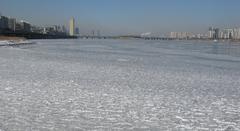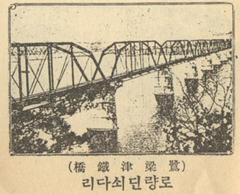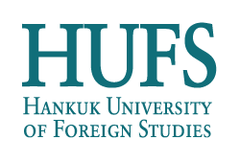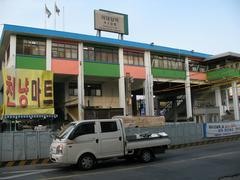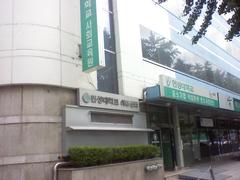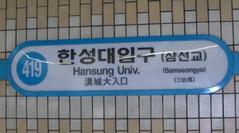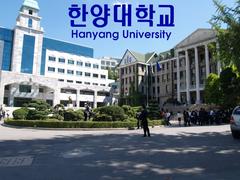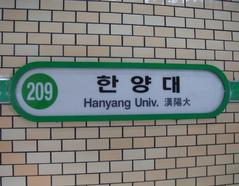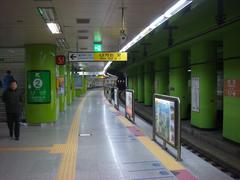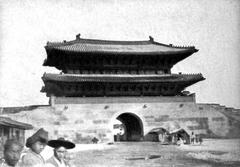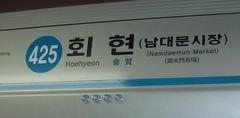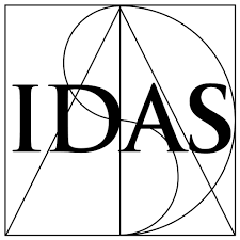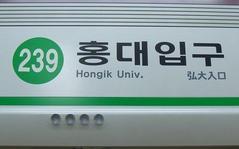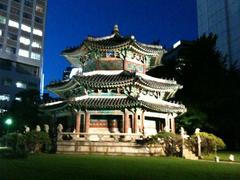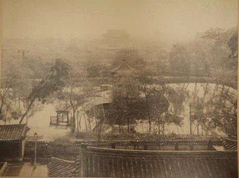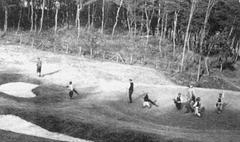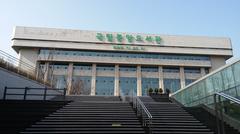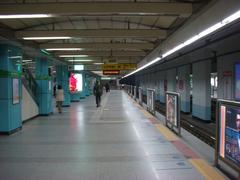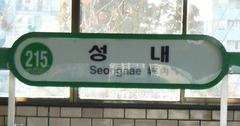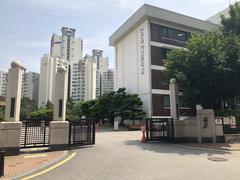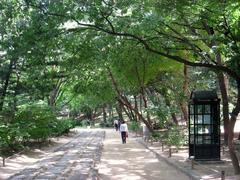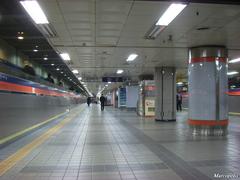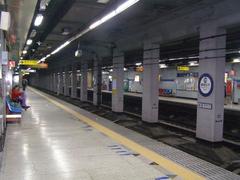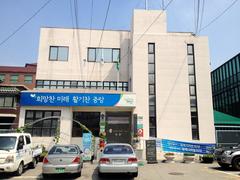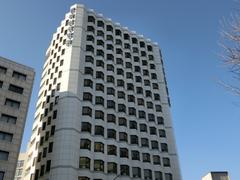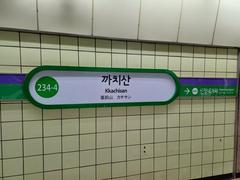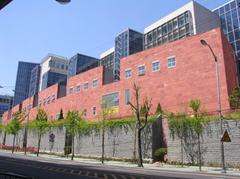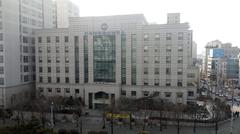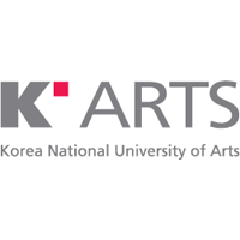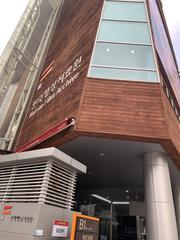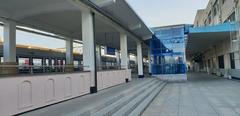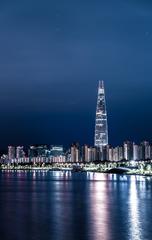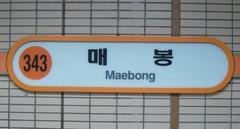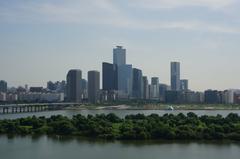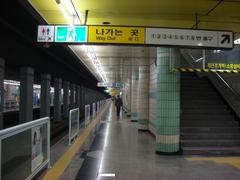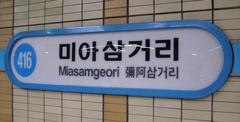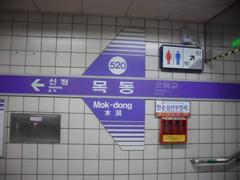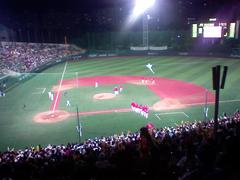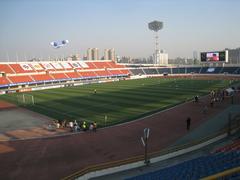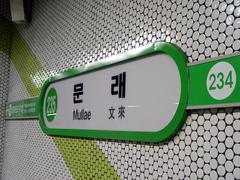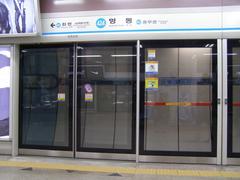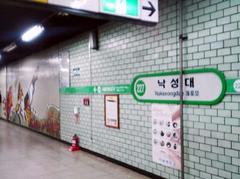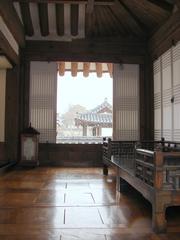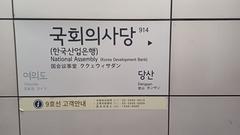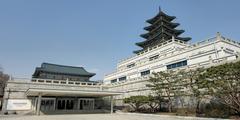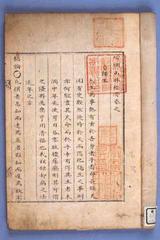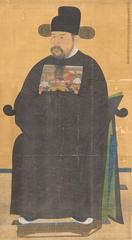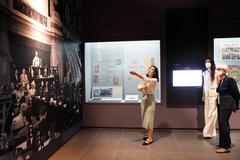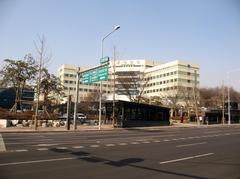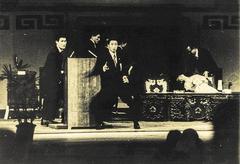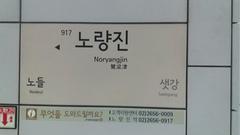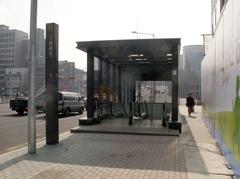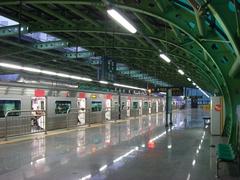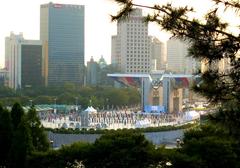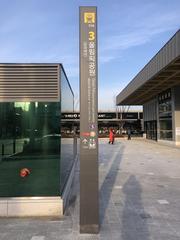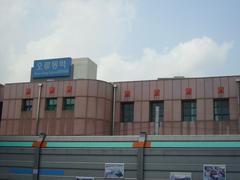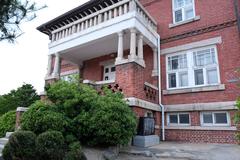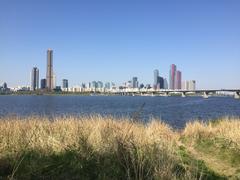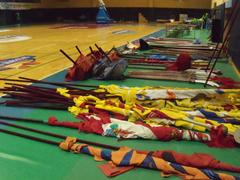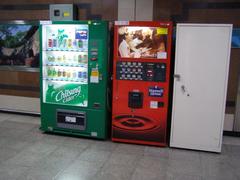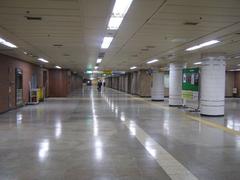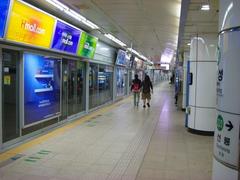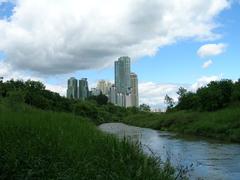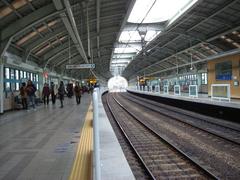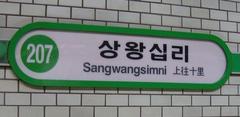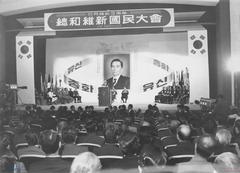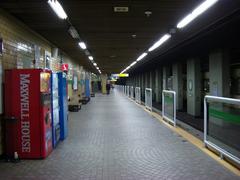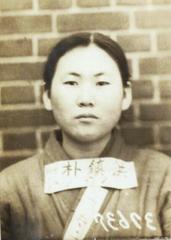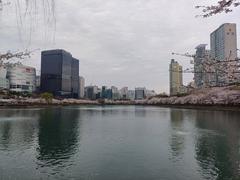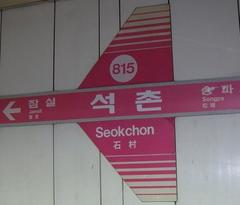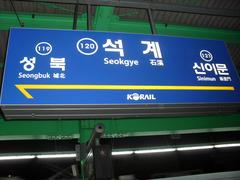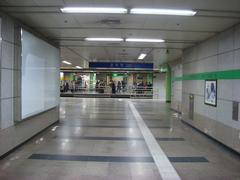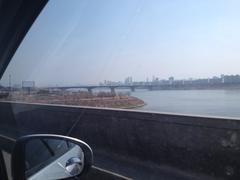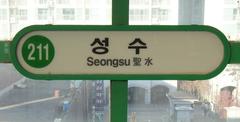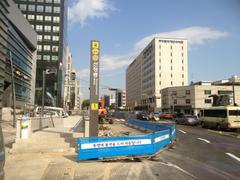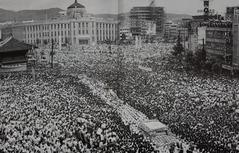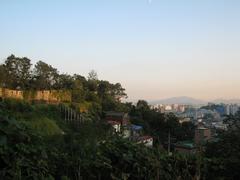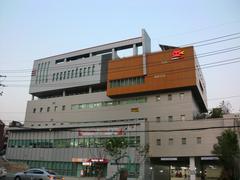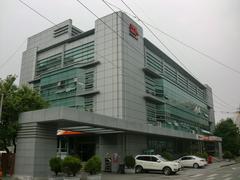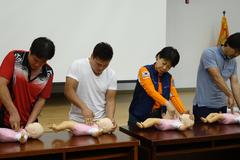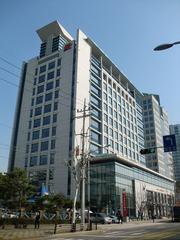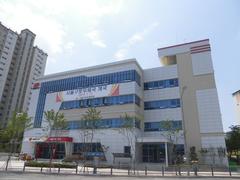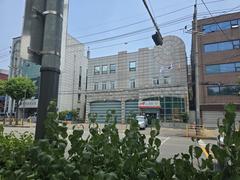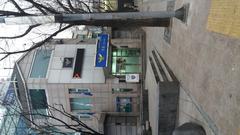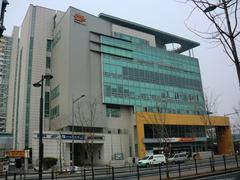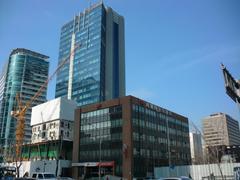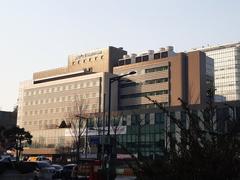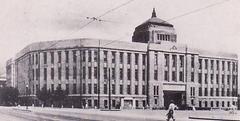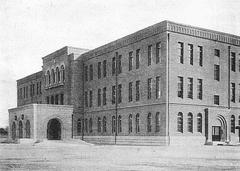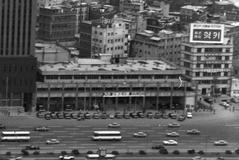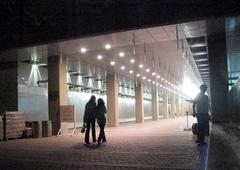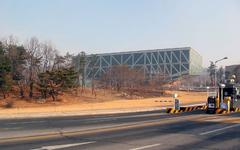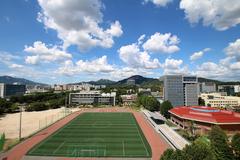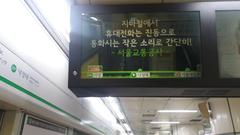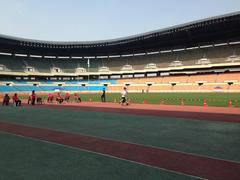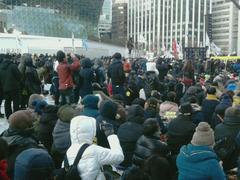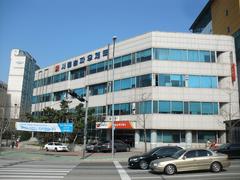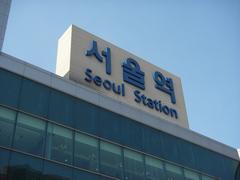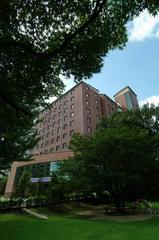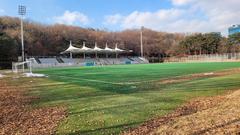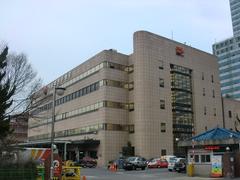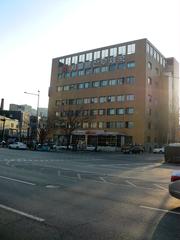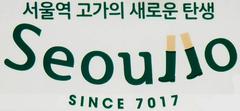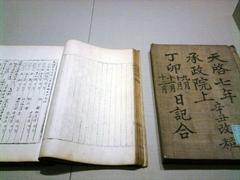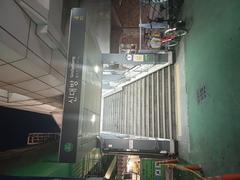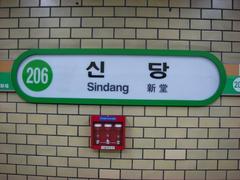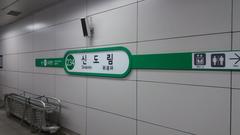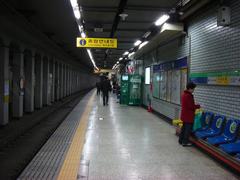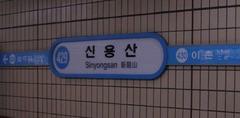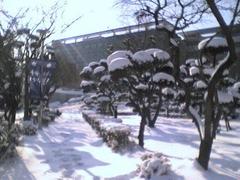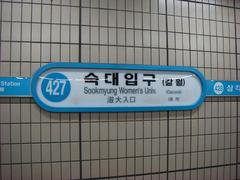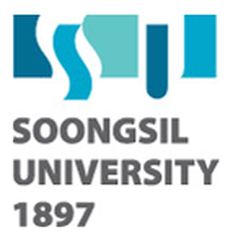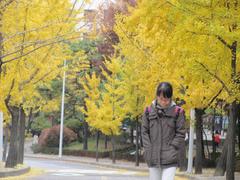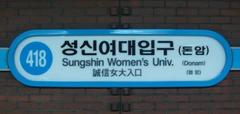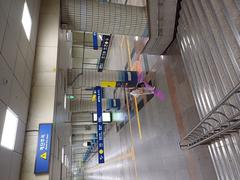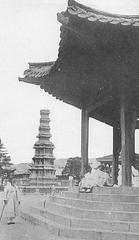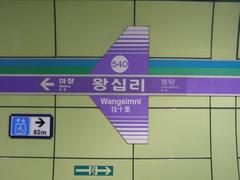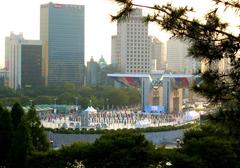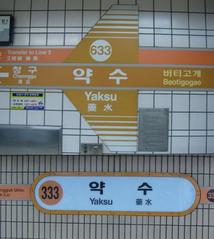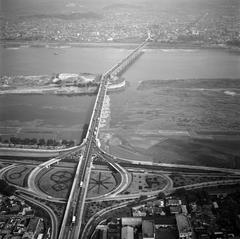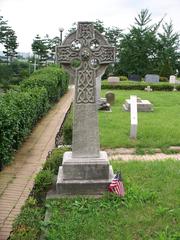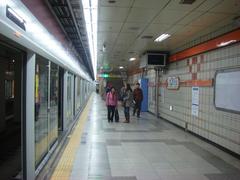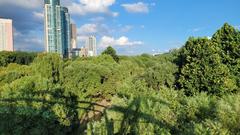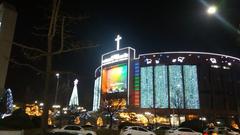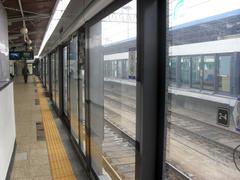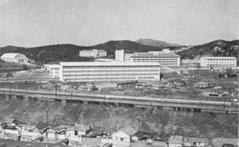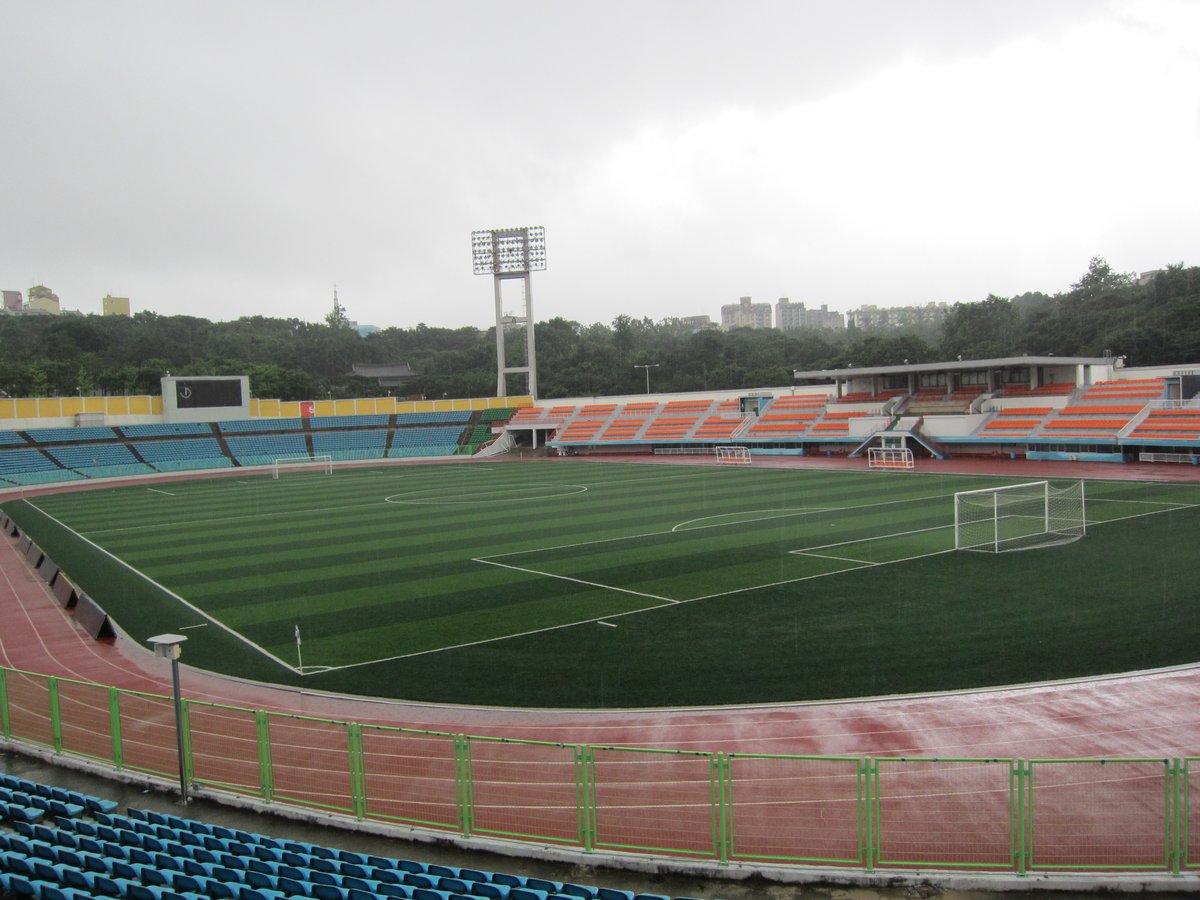
Hyochang Stadium Visiting Hours, Tickets, and Guide to Seoul Historical Sites
Date: 15/06/2025
Introduction
Hyochang Stadium, nestled in Seoul’s Yongsan District, is a storied landmark that weaves together South Korea’s sporting legacy, urban development, and national history. Built in 1960, this multi-purpose stadium has hosted pivotal moments in Korean football, stood witness to historical milestones, and remains a vibrant hub for community life (Seoul Metropolitan Government; Wikipedia). This comprehensive guide explores Hyochang Stadium’s origins, visitor information, unique features, and its role in the broader tapestry of Seoul’s historical sites.
Origins and Historical Significance
Hyochang Stadium was constructed during a period of post-war modernization, originally intended to host the 1960 AFC Asian Cup. Its establishment marked a significant step in South Korea’s emergence in Asian football, and its proximity to Hyochang Park — a memorial site for independence activists like Kim Gu and Lee Bong-chang — imbues the area with deep national meaning (Korea Tourism Organization). The stadium and park together embody Korea’s resilience, pride, and reverence for its history.
Architectural Features
Reflecting mid-20th-century functionalist architecture, Hyochang Stadium features an oval design, natural grass pitch, and a surrounding running track. Initial capacity estimates range from 15,000 to 30,000; after renovations, the stadium currently seats approximately 15,194 (Europlan; World Stadiums). Its classic open-air stands foster an intimate sporting atmosphere, while accessibility improvements ensure comfort for all visitors.
Role in Korean Sports Development
Before the advent of larger venues, Hyochang Stadium served as the main stage for Seoul’s football and athletic events. It has hosted teams such as Seoul United FC and currently Seoul WFC of the WK-League, highlighting its continued importance in both men’s and women’s sports (K League Official; Wikipedia). The stadium also played a role during the 1988 Seoul Olympics as a training and preliminary competition venue (Olympic.org).
Visiting Hyochang Stadium: Practical Information
Visiting Hours
- General Hours: 9:00 AM – 6:00 PM daily.
- Hours may vary on event days or during renovations. Always check the official schedule before your visit.
Tickets and Admission
- Public Access: Free for general exploration and park visits.
- Event Tickets: Required for football matches, concerts, or special events. Prices typically range from 5,000–15,000 KRW, with discounts for students and seniors.
- How to Buy: Tickets are available online via WK-League, official sports league platforms, or at the stadium box office.
Accessibility
- The stadium is equipped with ramps, elevators, accessible seating, and restrooms.
- Staff assistance is available, with English-language support during major events.
Getting There
- Subway: Hyochang Park Station (Line 6) – short walk to the stadium.
- Bus: Multiple routes serve the area.
- Parking: Limited on-site parking; public transportation is recommended (Namu Wiki).
Facilities
- Seating: General, reserved, and VIP seats.
- Concessions: Korean snacks (tteokbokki, kimbap), drinks, and occasional food trucks.
- Restrooms: Clean, with accessible options.
- Technology: Free Wi-Fi in main areas; mobile device charging stations.
Event Atmosphere and Local Culture
Attending a match at Hyochang is a lively, family-friendly experience. Local fans bring energy with coordinated chants and banners, reflecting Seoul’s dynamic football culture (Lowerblock). The stadium also hosts youth tournaments and community events, reinforcing its civic importance.
Nearby Attractions
- Hyochang Park: Adjacent to the stadium; a memorial site for independence activists with pine forests, walking trails, and statues (Korea Heritage Service).
- Yongsan Electronics Market: Major destination for tech and gadgets.
- Hyochang Children’s Park: Family-friendly facilities.
- Other Seoul Landmarks: Namsan Seoul Tower, Cheonggyecheon Stream, Itaewon, Hongdae.
Special Events, Guided Tours, and Photography
- Special Events: Local tournaments, community festivals, and cultural performances are held throughout the year. Check the event calendar for updates.
- Guided Tours: Not regularly scheduled but may be arranged during major events.
- Photography: The stadium’s open design and park surroundings offer excellent photo opportunities.
Safety, Security, and Visitor Tips
- Security: Bag checks and metal detectors at entry points; first aid is available onsite.
- Visitor Tips:
- Arrive early for events to enjoy the atmosphere.
- Dress for the weather; the stadium is open-air.
- Use public transportation for convenience.
- Learn basic Korean greetings for a friendlier experience.
- Respect local customs, such as standing for national anthems.
Future Developments
Planned upgrades aim to improve seating, amenities, and accessibility while preserving Hyochang’s historical integrity (Namu Wiki). These efforts ensure the stadium remains a cherished community and sporting venue.
Frequently Asked Questions (FAQ)
Q: What are Hyochang Stadium’s visiting hours?
A: 9:00 AM to 6:00 PM daily; check the official schedule for event-day variations.
Q: How can I purchase tickets?
A: Online via official sports league websites or at the stadium box office on event days.
Q: Is the stadium accessible for people with disabilities?
A: Yes, with ramps, elevators, and accessible seating/restrooms.
Q: Are guided tours available?
A: Occasionally during major events; contact the stadium in advance.
Q: What are the best nearby attractions?
A: Hyochang Park, Yongsan Electronics Market, Namsan Seoul Tower, and more.
Contact Information
- Korea Travel Hotline (24/7): +82-1330
- Domestic Inquiries: 02-120 or 02-731-2120
- International Inquiries: +82-2-731-2120
- Seoul Metropolitan Government Official Guide
Conclusion
Hyochang Stadium stands as a living monument to South Korea’s sporting excellence, national heritage, and community spirit. Its rich history, accessible location, and proximity to key Seoul attractions make it a must-visit for sports enthusiasts, historians, and travelers alike. Whether you’re attending a Seoul WFC match, strolling through the memorial park, or exploring Seoul’s broader historical landscape, Hyochang Stadium offers an authentic and engaging experience.
For the latest schedules, event updates, and personalized travel recommendations, download the Audiala app and follow our social media channels.
Sources
- Wikipedia
- Seoul Metropolitan Government
- Korea Tourism Organization
- K League Official
- Namu Wiki
- Lowerblock
- Britannica
- Korea Heritage Service
- Seoul Metropolitan Government (Guide)
- Audiala App
